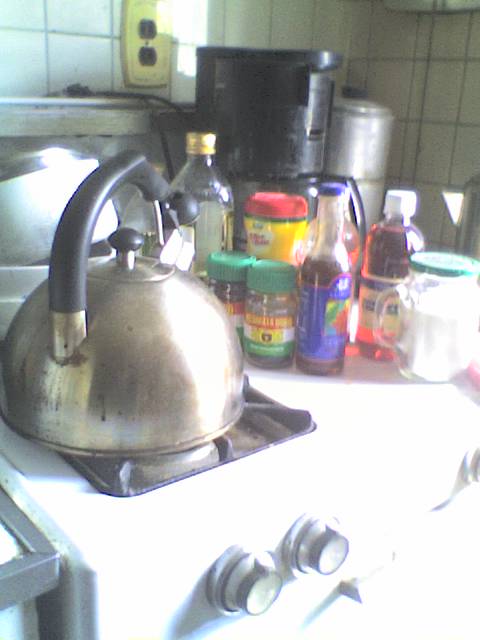Every home kitchen should have a bottle of extra virgin olive oil.Every home chef should know how to use and store it.Yet, many don't. There are many truths and myths regarding this vital ingredient.What's true and what's not.
Food section regular Julia Moskin explored this in yesterday's New York Times Food section.Olive oil has been used in Italian American kitchens for close to 130 years however it was as late as 1980 when the extra virgin kind hit the American culinary scene.Myths and stories came with it,You can't use it for deep frying.Forget everyday cooking.It's liquid gold.Hoard it and only use it to drizzle on a Sunday salad.None of these are true, save for the liquid gold part.It was too expensive for home chefs to use willy - nilly. Luckily the price has fallen over the last almost forty years however the demand for it has grown globally. Yet it still should be treated with respect. It is fragile and perishable, sensitive to light and heat.It degrades as soon as it's exposed to light and heat.it will not improve with age as does its companion vinegar.Once opened, it will only maintain its' flavor for three to four weeks.
This is what makes olive oil special and a lot more tastier than vegetable oil. As Nicholas Coleman,a trained olive oil taster, and the former olive oil specialist for New York's Eataly, says it's more of a raw juice - which it is. It's pressed from a fruit and not a nut.Home chefs have to understand this and have to use it more often. DO not let it languish in the cupboard and pantry.Many home chefs may blanch at this, claiming that using too much in a recipe may make the dish overly oily and greasy. No.Its' natural herbaceousness accents the foods' flavors much like lemon juice and salt do.It has a vibrancy and cleanliness.It will heighten the dish, bringing it to new levels. It can be used for deep frying with a smoke point of an amazing 400 degrees. Keep in mind that olive oil will go bad. The most obvious sign is the smell. Rancid oils can smell fishy, soapy or just plain stale. Some professionals will even say that there's a winy odor, due to mold and fermentation. The taste can be tannic which is sometimes confused with fresh oil's peppery flavor. How can you tell? Heat up a small amount of it, and pour into hot soup. Fresh or newly opened oil will have a strong olive or even artichoke aroma.
Extra virgin olive oil is a kitchen must have. Use it often and generously. It makes for delicious cooking, whether used hot or cold.
Thursday, September 5, 2019
The Truth About Olive Oil
Labels:
Eataly drizzle,
fishy,
Julia Moskin,
New York Times,
olive oil,
rancid,
salmon,
smoke point,
soapy
Subscribe to:
Post Comments (Atom)




No comments:
Post a Comment